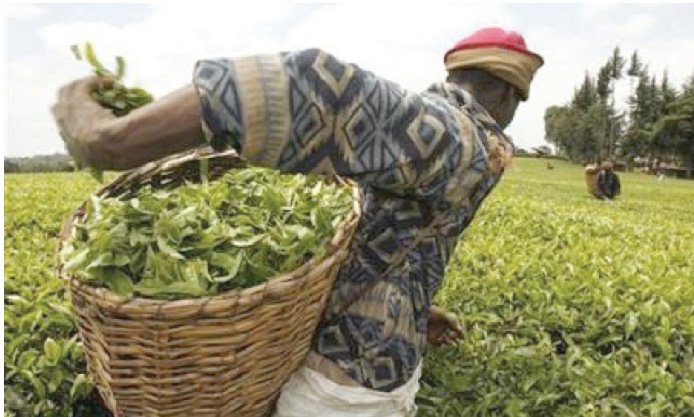
Taxation, a necessary evil, is important to run the country. What, however, largely disappoints the stakeholders – be it the corporate sector, salaried class or just a consumer – is the government’s failure to increase the tax net, while imposing further taxes on those already paying heavy amounts.
Recent budget proposals suggest the government is once again heading towards increasing the tax burden of those already paying very high taxes on their income and purchases.
There is no denying that the cash-strapped economy desperately needs money. However, this can also be achieved by tapping the county’s informal economy, which is not only hindering development but also depriving the former of much-needed taxes.

Pakistan’s $225 billion Gross Domestic Product (GDP), according to various estimates, is only half of the country’s overall economy. Simply put, the country’s undocumented economy is as big as its formal one – on a conservative side, Pakistan’s informal economy is 36% of its overall economy, according to a 2012-report by Bloomberg.
This large informal economy is an opportunity at the same time if the government is really serious about increasing its tax net. There are several areas where the government can increase regulation and enforcement in order to increase its revenue base.
Looking at the telecom sector, which is one of the highest tax-paying sectors of the formal economy. In fiscal year 2012-2013, the telecom sector paid Rs.125 billion or $1.2 billion in taxes – slightly more than what the government earned from the much-hyped 3G auction.
Increasing taxes on the telecom services will only make services unaffordable for the poor and hurt the revenues of the industry, hindering a country-wide penetration of mobile broadband – mobile phone users are already paying 15% withholding tax, 19.5% federal excise duty (FED) or general sales tax (GST) on cellular services.
By contrast, if the federation can curb the menace of grey telephony, it can nearly double its tax collection from telecom sector – as per latest estimates, more than half of the total international traffic to Pakistan is illegally terminated, which costs the exchequer more than $1 billion a year.
Illegal tea trade – which accounts for more than a third, half by some estimates, of the total tea market – is another part of the informal economy that can be brought under the tax net.
Tea smugglers that don’t pay any tax deprive the national kitty of more than Rs8.7 billion or $84 million a year in potential revenues, according to the Pakistan Tea Association.
Likewise, illicit tobacco trade can be another target area for the tax watchdog – illegal tobacco trade is one-fourth of the total cigarettes consumed in Pakistan, according to an international study: Asia-11, Illicit Tobacco Indicator 2012.
If brought under the tax net, this could earn the Pakistani government $275 million in FY13 in potential taxes, according to Asia-11 study.
Similarly, dairy sector is another area that can be tapped. The formal dairy sector is hardly 10% of the country’s total milk trade yet it paid $28 million in income tax last year alone. By contrast, the informal sector, which is more than 90% of the fresh milk trade, remains completely undocumented and untaxed.
There are thousands of milk shops across the country – among them are players with sales of over 2,000 litres a day. Additionally, there are people who own multiple shops or an entire chain of milk shops. This undocumented segment – barring very few players – can be taxed on their incomes.
These are only a handful of examples but there are dozens, if not hundreds, of other tax opportunities in the informal sector, which the government can tap.
However, reducing the size of the undocumented economy is real work for the regulators, particularly for the exchequer. This is, perhaps, why they seem to have chosen an easy route — squeezing those already taxed and that, too, at exorbitant rates.
Published in The Express Tribune, June 2nd, 2014.
Like Business on Facebook, follow @TribuneBiz on Twitter to stay informed and join in the conversation.
COMMENTS (1)
Comments are moderated and generally will be posted if they are on-topic and not abusive.
For more information, please see our Comments FAQ

1732184775-0/BeFunky-collage-(80)1732184775-0-165x106.webp)

1731933289-0/BeFunky-collage-(68)1731933289-0-165x106.webp)













What about the toll tax exemptions, 1/2 price air/train fares, tax free groceries etc enjoyed by the army?